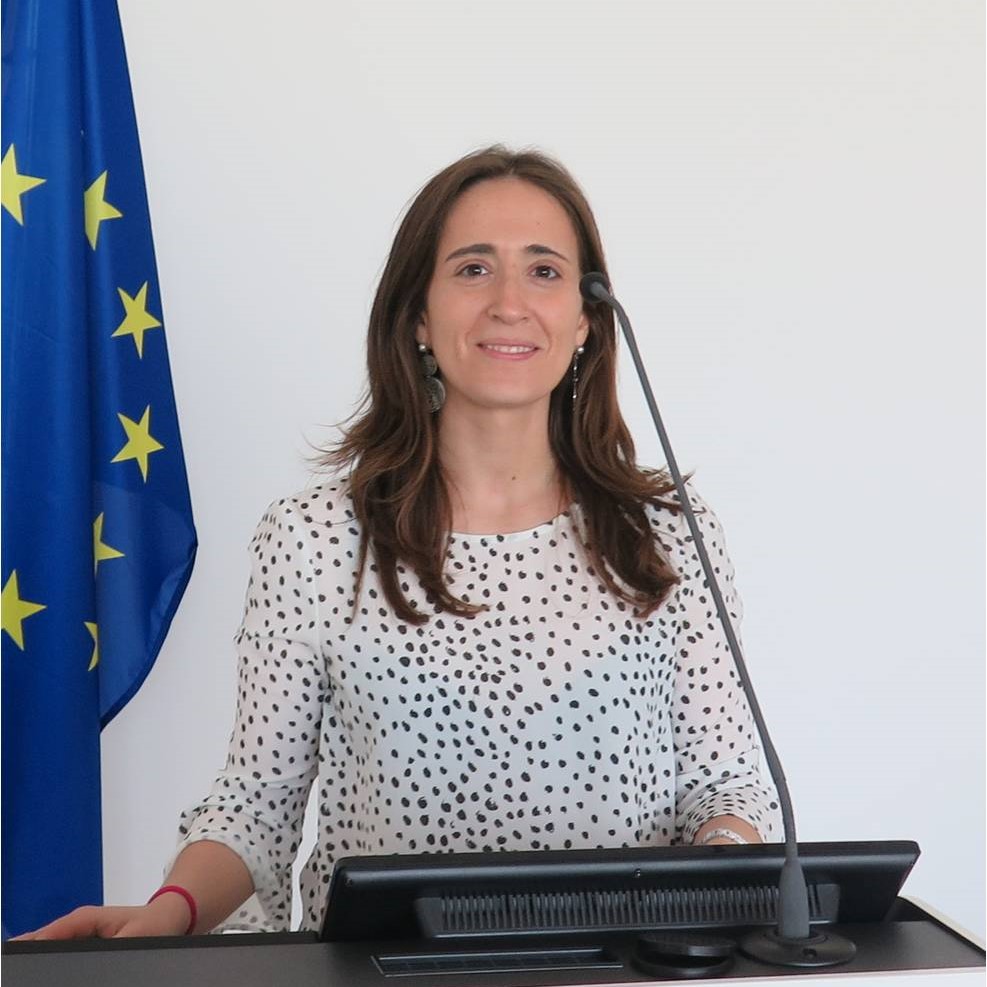
Ana Cabrerizo Pastor
| AREA | RESEARCH GROUP | INSTITUTE |
|---|---|---|
| Environmental Technology | Environmental Technology | Institute of Sustainable Processes |
I have a degree in Environmental Sciences from the Autonomous University of Madrid (UAM) and a PhD in Analytical and Environmental Chemistry from the University of Barcelona (UB) (Cum Lauden and European Mention), having carried out my research on compartmentalisation and exchange of persistent organic pollutants (POPs) between soil-atmosphere in temperate and polar zones, at the Institute of Environmental Diagnosis and Water Studies (IDAEA-CSIC, Barcelona).
After finishing my thesis, I worked as a postdoctoral researcher for >7 years in prestigious National and International Centres such as the Institute for Environmental Diagnosis and Water Studies (IDAEA-CSIC, Barcelona), the European Commission (Joint Research Centre-Institute for Environment and Sustainability-Air and Climate Unit), in Ispra, (Italy) in the development and validation of a passive contaminant sampler and in Environment Canada (Canadian Centre for Inland Waters, Burington, Canada) thanks to an IOF-Marie Curie postdoctoral contract, where my research project focused on studying how climate change is affecting the remobilisation of contaminants in Arctic lake food webs.
After my return to Spain, I made the leap to the private sector, where I worked for more than three years as head of the department of an important pharmaceutical company, combining my position with that of associate professor at the University of Valladolid (UVA), until I obtained a Ramón y Cajal contract, my current position.
My research has mainly focused on the study of biogeochemical cycles of persistent organic pollutants in terrestrial and aquatic ecosystems, resulting in important contributions to the scientific community:
- Improved understanding of the partitioning of persistent organic pollutants between soil-vegetation-atmosphere.
- Showing, for the first time, that not only temperature but also biogeochemical processes control remobilisation and reservoirs of persistent organic pollutants in Antarctica.
- To elucidate with field data that climatic perturbations and climate oscillations are affecting the temporal trends, distribution and fate of persistent organic pollutants in top predators (Salvelinus alpinus) from High Arctic lakes.
My medium- to long-term vision is to further develop my research line as a Ramón y Cajal researcher at the UVA, with more studies on bioaccumulation and bioavailability of persistent organic pollutants in aquatic and terrestrial ecosystems, with a special focus on emerging pollutants. One of my ambitions is to promote the development of the Spanish Polar Programme with special interest in the Arctic.
An important focus, in the short term, will be the development and refinement of analytical methodologies for persistent organic pollutants (microplastics, fluorinated compounds, flame retardants, pharmaceuticals and other POPs candidates) to incorporate them in projects of my research line.

